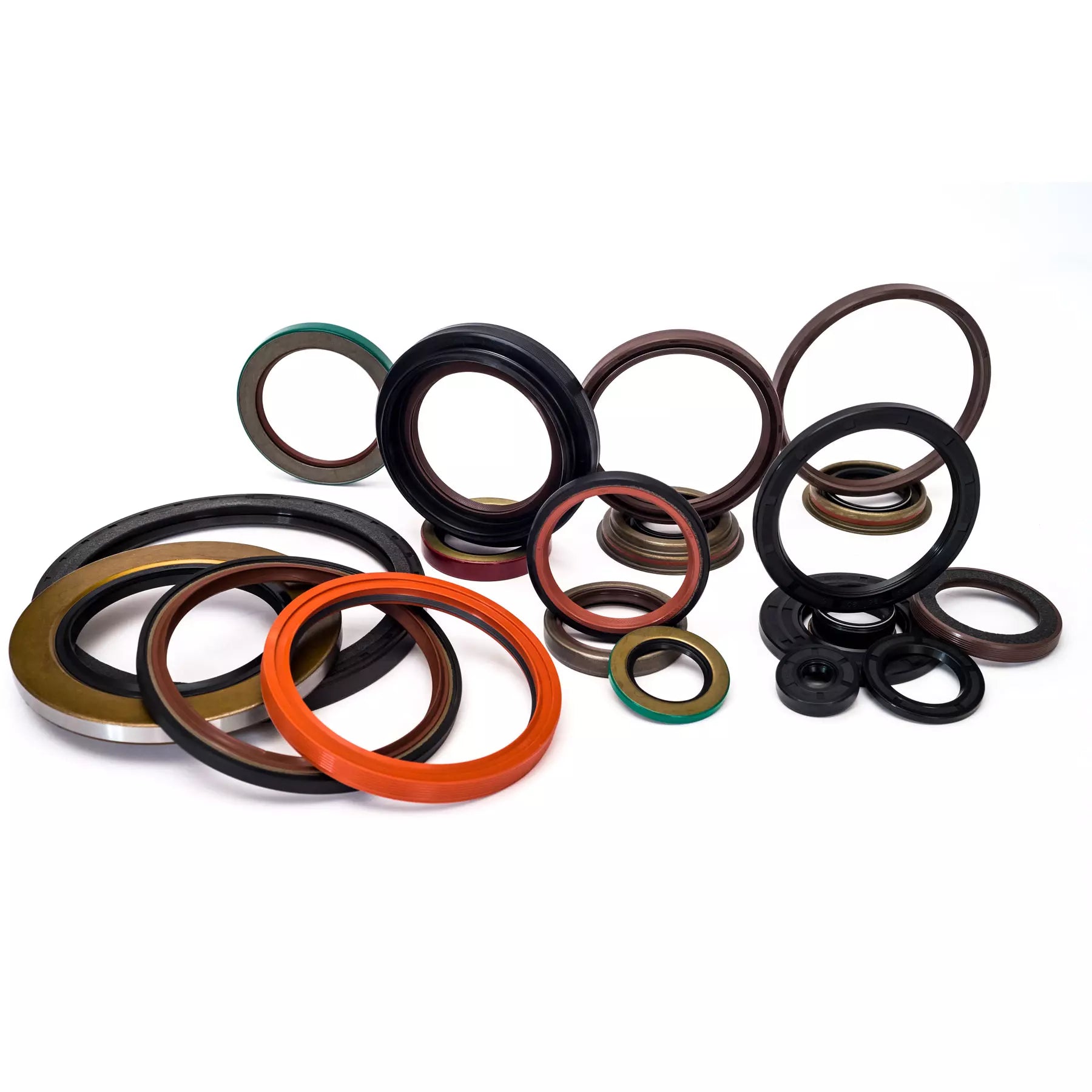Why FFKM Seals Are Essential for the Compressor Industry
Compressors operate under some of the harshest mechanical and chemical conditions in modern industry. High temperatures, fluctuating pressures, and aggressive process gases often push traditional sealing materials beyond their limits. For companies striving for zero leakage, longer service life, and reduced downtime, FFKM (Perfluoroelastomer) seals have become a game-changing solution.
1. The Challenge of Sealing in Compressors
In compressors—whether oil-free, chemical process, or gas compression systems—the sealing components face:
• Continuous exposure to hydrocarbons, refrigerants, or reactive gases
• High rotational speeds and temperature spikes exceeding 250°C
• Pressure variations that accelerate material fatigue and chemical degradation
Conventional elastomers like FKM or NBR often harden, crack, or swell after prolonged use, leading to costly leaks and maintenance stops.
2. How FFKM Outperforms Conventional Elastomers
FFKM (Perfluoroelastomer) combines the flexibility of rubber with the chemical resistance of PTFE. Its fully fluorinated molecular structure offers exceptional resistance to heat, pressure, and chemical attack, making it ideal for critical compressor sealing points such as shaft seals, O-rings, and valve seats.
Key Performance Benefits:
• Extreme temperature stability (−25°C to +327°C)
• Outstanding chemical resistance to oils, amines, refrigerants, and solvents
• Minimal gas permeation, ensuring vacuum integrity and preventing leaks
• Long-term compression set resistance, maintaining elasticity over years of service
3. Applications in Compressor Systems
• Oil-Free Compressors
Used in food, medical, and semiconductor applications, oil-free compressors demand absolute cleanliness. FFKM seals eliminate contamination risks by providing:
• Zero oil absorption or swelling
• Compatibility with sterilization and cleaning gases
• Stable sealing under high-purity requirements
• Process Gas Compressors
In chemical and petrochemical plants, process gas compressors handle corrosive or high-temperature gases. FFKM’s inertness ensures:
• Extended seal lifespan in hydrogen, chlorine, or CO₂ environments
• Reduced risk of seal degradation and system leaks
• Lower total maintenance costs over equipment life
• Refrigeration and Cooling Systems
In refrigeration compressors exposed to HFCs, ammonia, or CO₂, FFKM seals provide:
• Superior resistance to refrigerant breakdown products
• Consistent sealing at both low and high temperatures
• Protection against compressor oil oxidation byproducts
4. Selecting the Right FFKM Grade
To maximize performance, the choice of FFKM compound should consider:
• Gas composition: Select grades resistant to fluorinated or reactive gases.
• Operating temperature: Match seal formulation to temperature peaks.
• System pressure: Choose reinforced designs for high-compression zones.
DMB’s advanced FFKM materials are engineered for balanced elasticity, sealing strength, and chemical stability—ideal for all major compressor types.
Conclusion
The compressor industry demands seals that perform flawlessly under chemical, mechanical, and thermal stress. FFKM seals are not just an upgrade—they are a necessity for next-generation compressor reliability.
With DMB’s expertise in FFKM fully coated sealing solutions, we help industries achieve safer operation, longer maintenance intervals, and higher efficiency.
To learn more or request a tailored solution for your compressor systems, visit DMB’s website or contact our technical support team.

